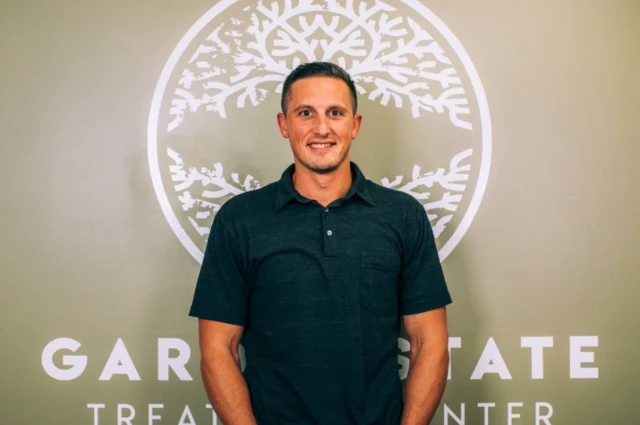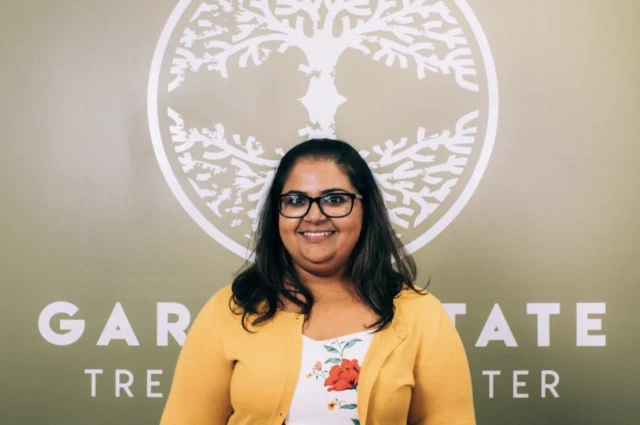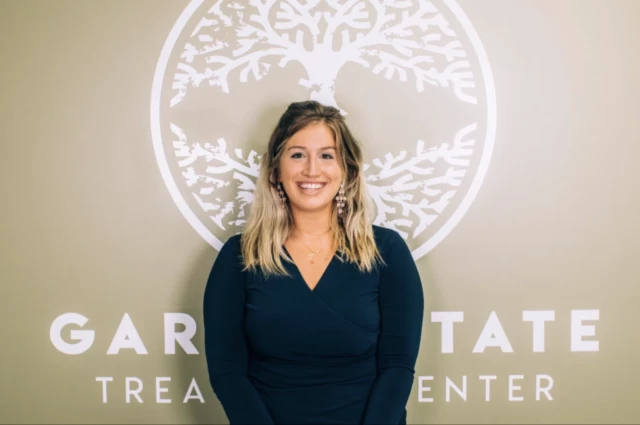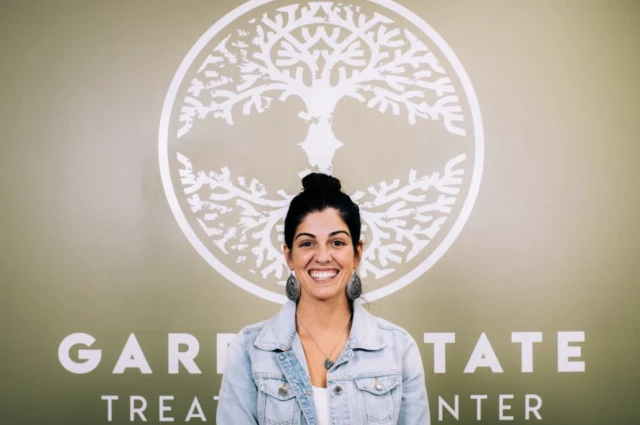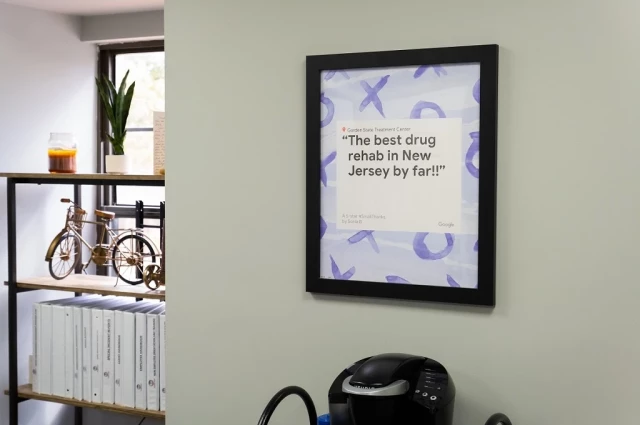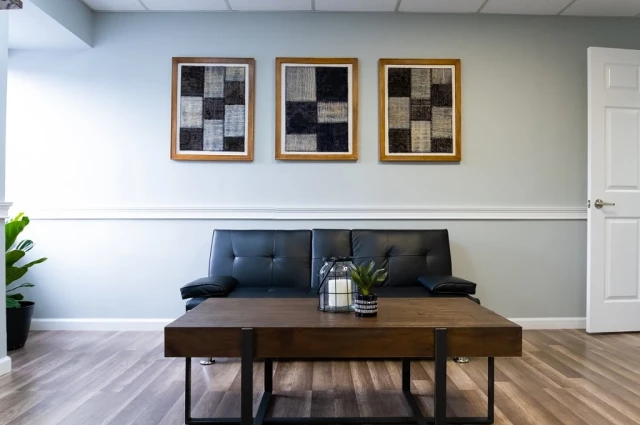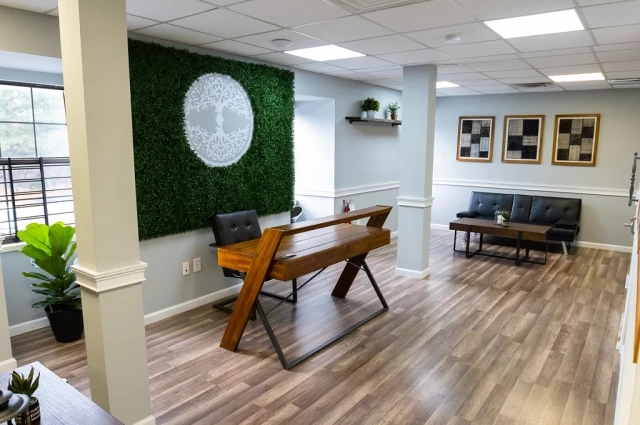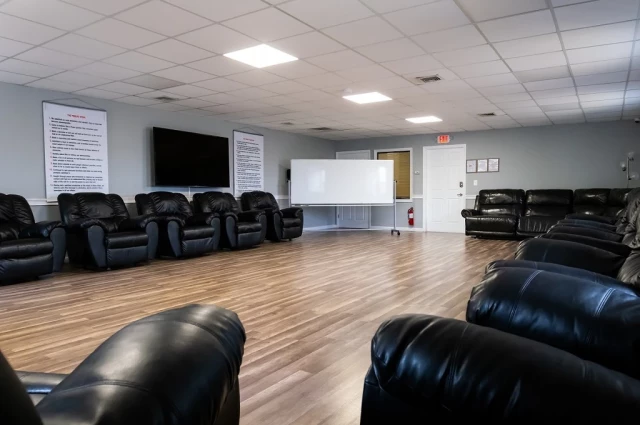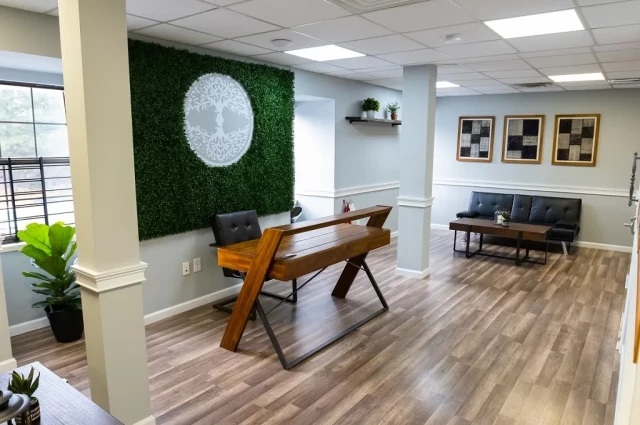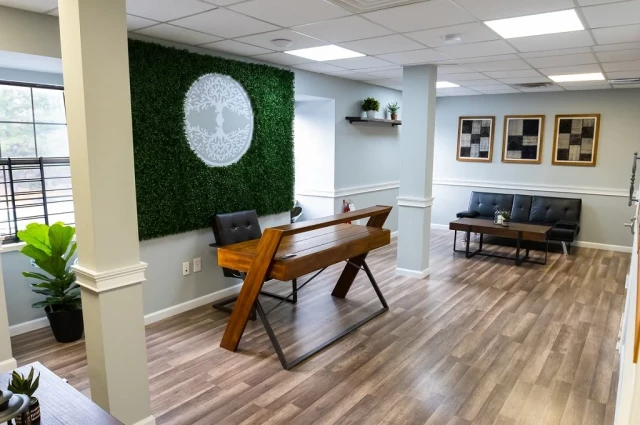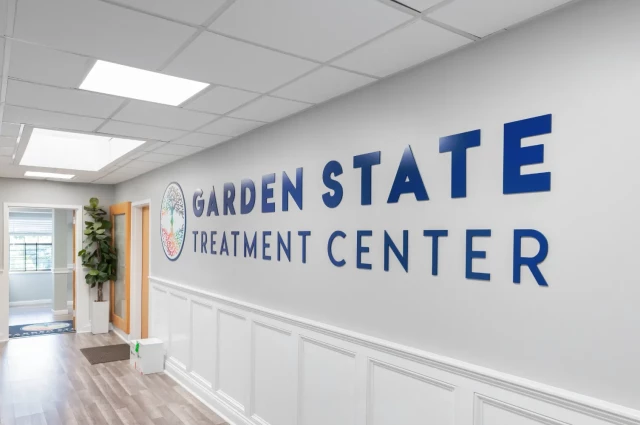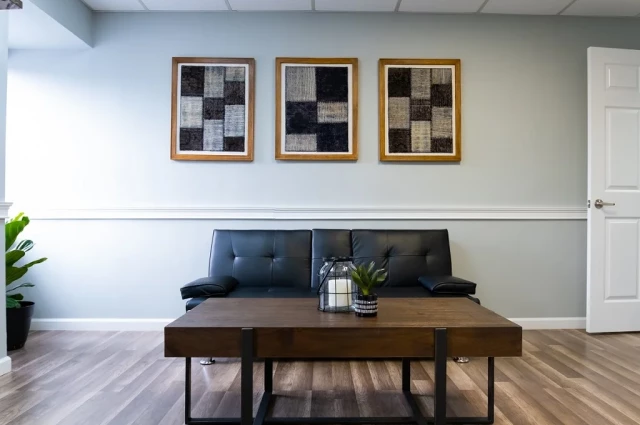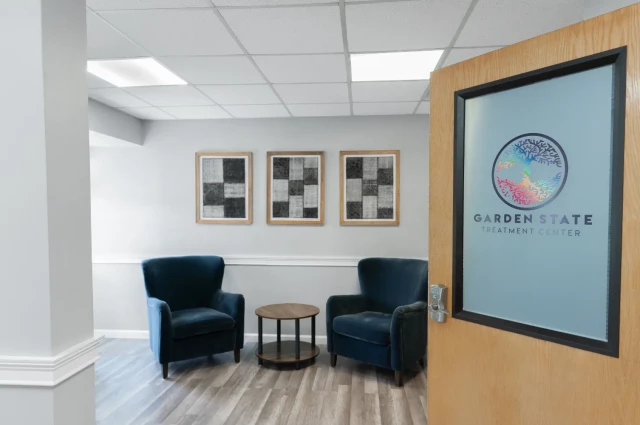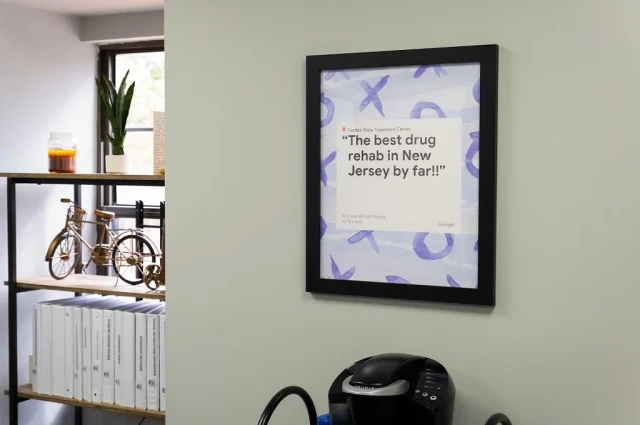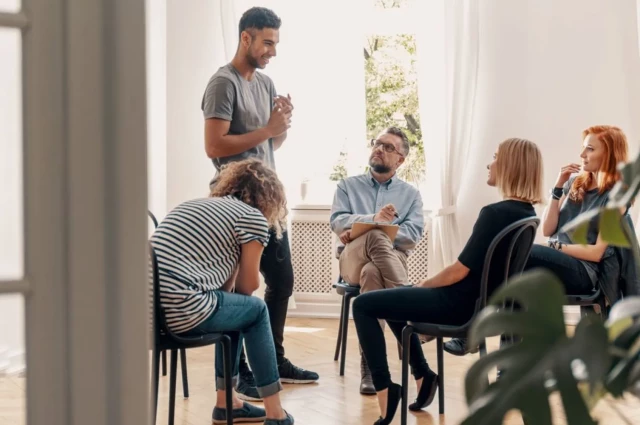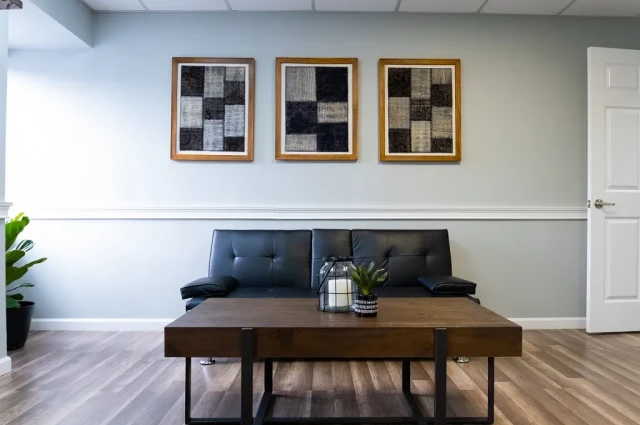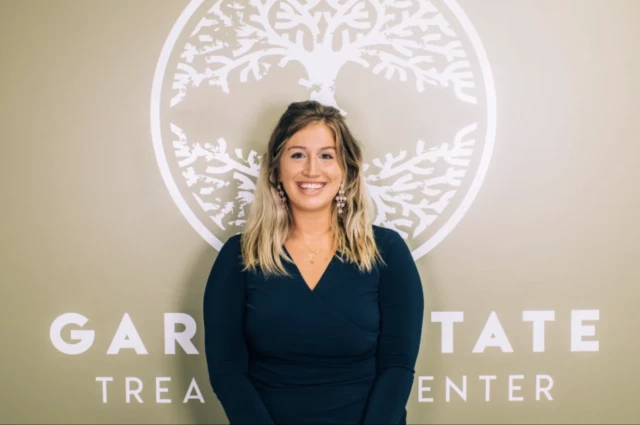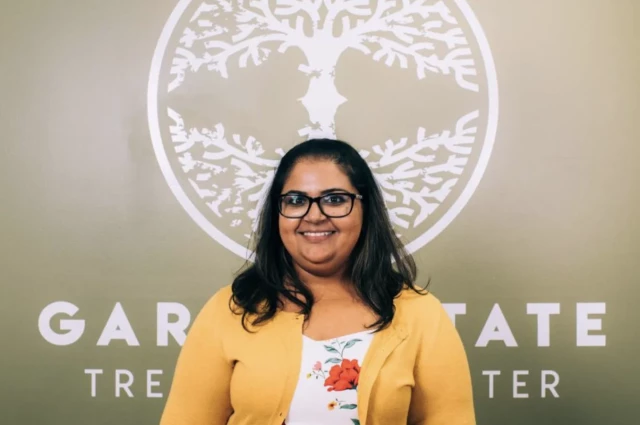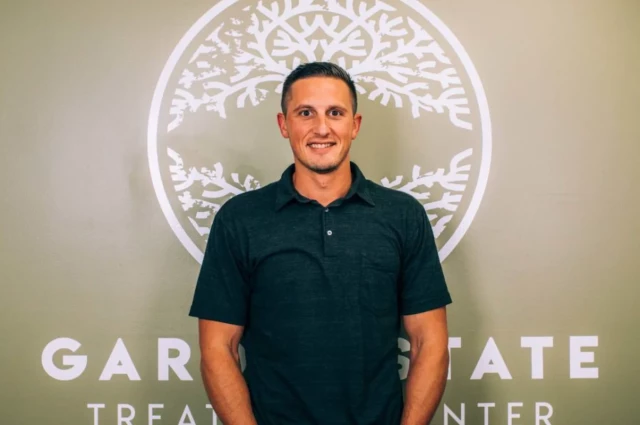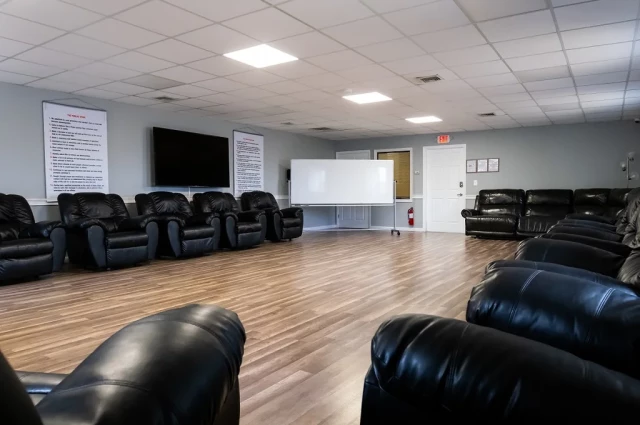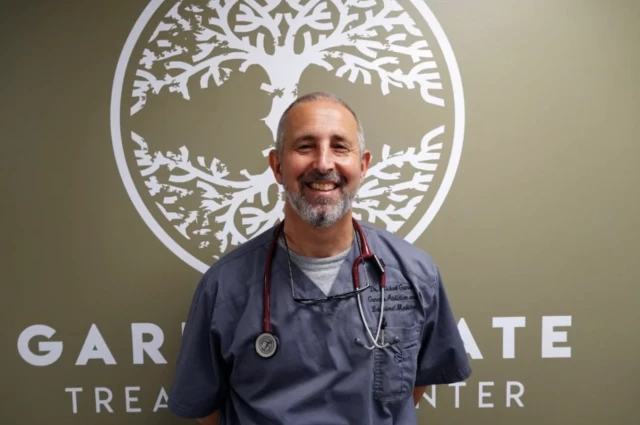Garden State Treatment Center Information
Treatment
Who We Treat
- Young Adults (18–25)
- Adults
- Seniors/Older Adults
- Older Adults
- Male and Female
- LGBTQ+
- Pregnant/Postpartum Women
- Couples
- Executives
- Pregnant Women
Treatment Focus
- Adventure Therapy
- Alcohol
- Co-Occurring Disorders
- Cocaine
- Drug Addiction
- Heroin
- Opioids
- Outpatient
Approaches
- 12-Step-Based
- Individual Treatment
- Evidence-Based
- Twelve Step
- Family Therapy
- Trauma Informed
- Cognitive Behavioral Therapy (CBT)
- 1-on-1 Counseling with Clinical Psychologist
- Adventure Therapy
- Life Skills Training
- Relapse Prevention Counseling
Conditions We Treat
- Depression
- Anxiety
- Bipolar Disorder
- Post Traumatic Stress Disorder (PTSD)
- Obsessive Compulsive Disorder (OCD)
- Self-Harm
- Codependency
- ADHD/ADD
- Anger
- Bipolar
- Co-Occurring Disorders
Substances We Treat
- Alcohol
- Benzodiazepines
- Chronic Relapse
- Heroin
- Opioids
- Cocaine
- MDMA/Ecstasy
- Ecstasy
- Psychedelics
Languages
- English
Aftercare
- Alumni Events & Get-Togethers
Level of Care
- Outpatient
Experience
On-Site Amenities
- Access to Nature
- Airport Transfers
- Gourmet Dining
- Internet Access
- Chef-prepared Meals
- Outdoor Lounge
- Walking Trails
Personal Amenities
- Air-Conditioned Rooms
- Bathroom Essentials
- Coffee Maker and Tea
- Housekeeping
- Allow Cell Phones
- Internet Access
- Laundry Service
- Private or Shared Rooms
- TV
On-Site Activities
- AA/NA Meetings
- Adventure Outings
Off-Site Activities
- Escape Room
- Yoga
- Adventure Outings
- Beach Walks
- Hiking
- Martial Arts
- Movies
- Physical Fitness
- Reading
Special Considerations
- Allows Phones
- Family Program
- Gender-specific groups
Accreditations
-
State department of health
Government agencies issue State Licenses, which grant rehabilitation organizations permission to conduct their operations lawfully within specific geographic regions. Licenses needed to operate are typically determined by the type of rehabilitation program offered by the facility and its physical location.

-
The Joint Commission
The Joint Commission accreditation for addiction and behavioral health signifies that a facility has met rigorous standards in patient care, treatment, and safety. This recognition assures patients and professionals of the facility's commitment to providing high-quality, evidence-based care in the fields of addiction and behavioral health, fostering trust and confidence in their services.

Garden State Treatment Center Accepts The Following Insurance Plans
Find the best treatment options. Call our free and confidential helpline today!
